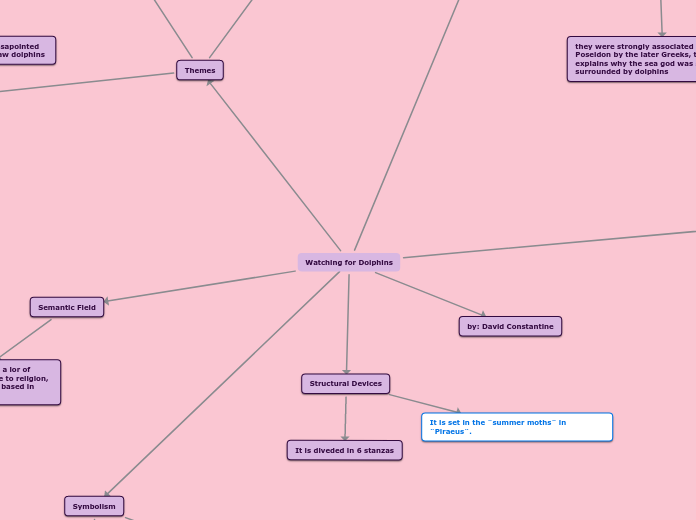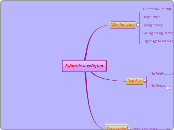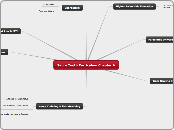Metaphysics Question
Does god exist
Existence and Consciousness
Truth of Being
Epistemology, Ontology, Truth of Being.
Necessity and Possibility
Quantum Mechanics
Cosmological Argument
Modal Realism
David Lewis
Thomas Aquinas
A necessary fact is true across all possible worlds. A possible fact is one that is true in some possible world (even if not in the actual world)
Do we have free will
Religion and Spirituality
Monotheism
Humanism
Athesim
Deism
Fideism
Scholasticism
Kierkegaard
Aquinas
Nietzsche
Hume
Marilyn McCord Adam
Spirituality
the quality of being concerned with the human spirit or soul as opposed to material or physical things.
Religion
the belief in and worship of a superhuman controlling power, especially a personal God or gods.
Identity and Change
Law of Causality
Determinism and Free Will
Compatibilism.
fatalism
Hobbes
Free will
Free Will is the exact opposite of this. It contains the power of choice - it proposes that we are rational agents that have autonomous control over our own actions and decisions.
Determinism is the philosophical proposition that every event, including human cognition, decision, and action, is causally determined by an unbroken chain of prior occurrences.
Determinism
What is consciousness
Mind and Matter
Cartesian skepticism.
Dualistic theory
Decartes
Kant
Berkeley
Can our thought processes influence our physical reality? In metaphysics, questions regarding mind and matter (also known as the mind-body dilemma) focus on where our consciousness resides. If the mind is not physical, then how can it have effects in the physical world? But if the mind is physical, then how can we explain consciousness?
Abstract objects and Mathematics
Conceptualism
Platonic Forms
Realism
Nominalism, Realism, Platonic forms, Conceptualism.
Plato
It is widely supposed that every entity falls into one of two categories: some are concrete; the rest are abstract. The theory of abstract objects is a metaphysical theory.
Existence and consciousness
Truth of Being.
Ontology
Epistemology
David Chalmers
Thomas Nagel
How do you know that you ‘exist?’ This may seen like a strange question as you would probably look down at your body and suggest that as you are conscious of ‘being,’ then you must exist - right? And yet that very question is one that is considered debatable in terms of metaphysics.
What is our place in the Universe
Object and their properties
Space and Time
Therories
Conventionalism
Principle of Relativity
Absolutism
The Bucket Argument
Philosophers and Theorists
Ernst Mach
Issac Newton John
Leibniz
Albert Einstein
J.M.E. McTaggart
Ever look up from a good book and realize that hours have gone by as if they were minutes? Or sat in a class, convinced you have been trapped there for hours, only to note - to your dismay - that you have been there for mere minutes
Cosmology and cosmogony
Voltarie
Cosology
What Is The Meaning of life
Objects and their properties
Objecthood
Holism
Reductionism
Substance Theory
Pragmatism
Descartes
Alfred Edward Taylor
Russel
The world contains many individual things. Whether those things are physical, such as a cat, ramen noodles, or a sweater - or abstract things, such as ‘happiness’ - what these things have in common with each other is called ‘universals’ or ‘properties.’
Theology
Subtopic
Diesem
Cosmology and Cosmogony
Plotinus
Voltaire
Spinoza
Meaning
Cosmogony
Cosmogony is a scientific explanation of how the universe came into being.
Cosmology
Cosmology is the study of the cosmos or universe.
Theories
Law of casualty
Identity control theory is a theory in sociology concerned with the development of personal identity.
Law of Identity
Identity theory is a family of views on the relationship between mind and body. Something can not exist without existing as something else.
Philosophers
Liebniz
Locke
Aristotle
Identity and change
meaning
Change
Change is an alteration of that identity.
Identity
Identity is whatever makes an entity definable and recognizable - it is what makes something unique.









